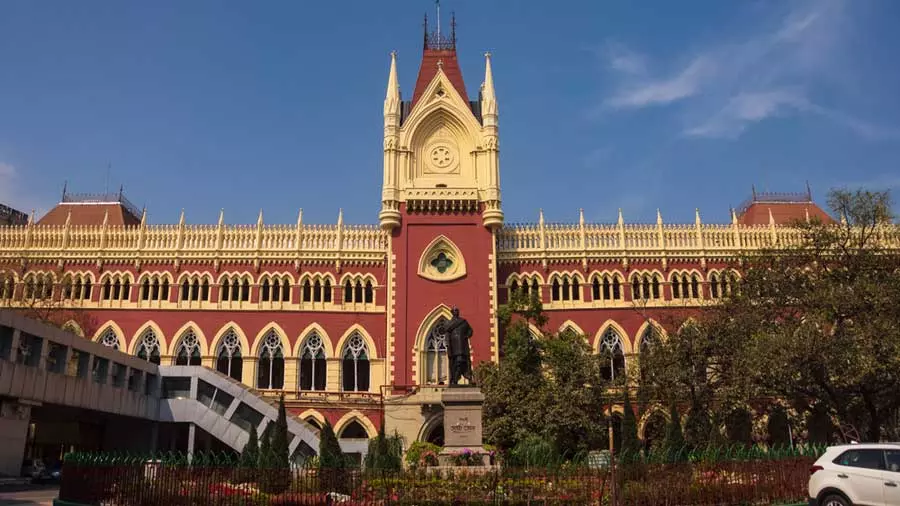The Calcutta High Court recently passed a historic order following a petition by a transgender person who had passed the Teachers’ Eligibility Test (TET) in 2014 and 2022 but had not been called for an interview or counseling. The court directed the West Bengal government to ensure a 1% reservation for transgender individuals in all public jobs. The court highlighted that although West Bengal had a policy for equal treatment in employment for transgender individuals, there had been no reservation for them until now.
Justice Rajasekhar Mantha issued a directive to the chief secretary of the Government of West Bengal to ensure the implementation of the reservation. Justice Mantha pointed out that in 2014, the Supreme Court had declared that ‘hijras’ and eunuchs, in addition to binary genders, should be treated as the ‘third gender’ to protect their rights under the Constitution. The apex court had supported the right of transgender individuals to decide their self-identified gender and had directed the Central and state governments to legally recognize their gender identity as male, female, or ‘third gender’.
The Supreme Court had also directed the Centre and state governments to treat transgender individuals as socially and educationally backward classes of citizens and provide them with the necessary support and reservation in educational institutions and public appointments.
In November 2022, the Department of Women and Child Development and Social Welfare, West Bengal government, issued a notification that transgender persons should not face discrimination and should be given equal job opportunities.
Although the state had already implemented a policy to treat transgender individuals equally in employment, no reservation had been made for them until now as directed by the Supreme Court. The High Court’s recent directive to ensure 1% reservation for transgender individuals in public jobs is seen as a significant step forward in upholding their rights and promoting inclusivity.
